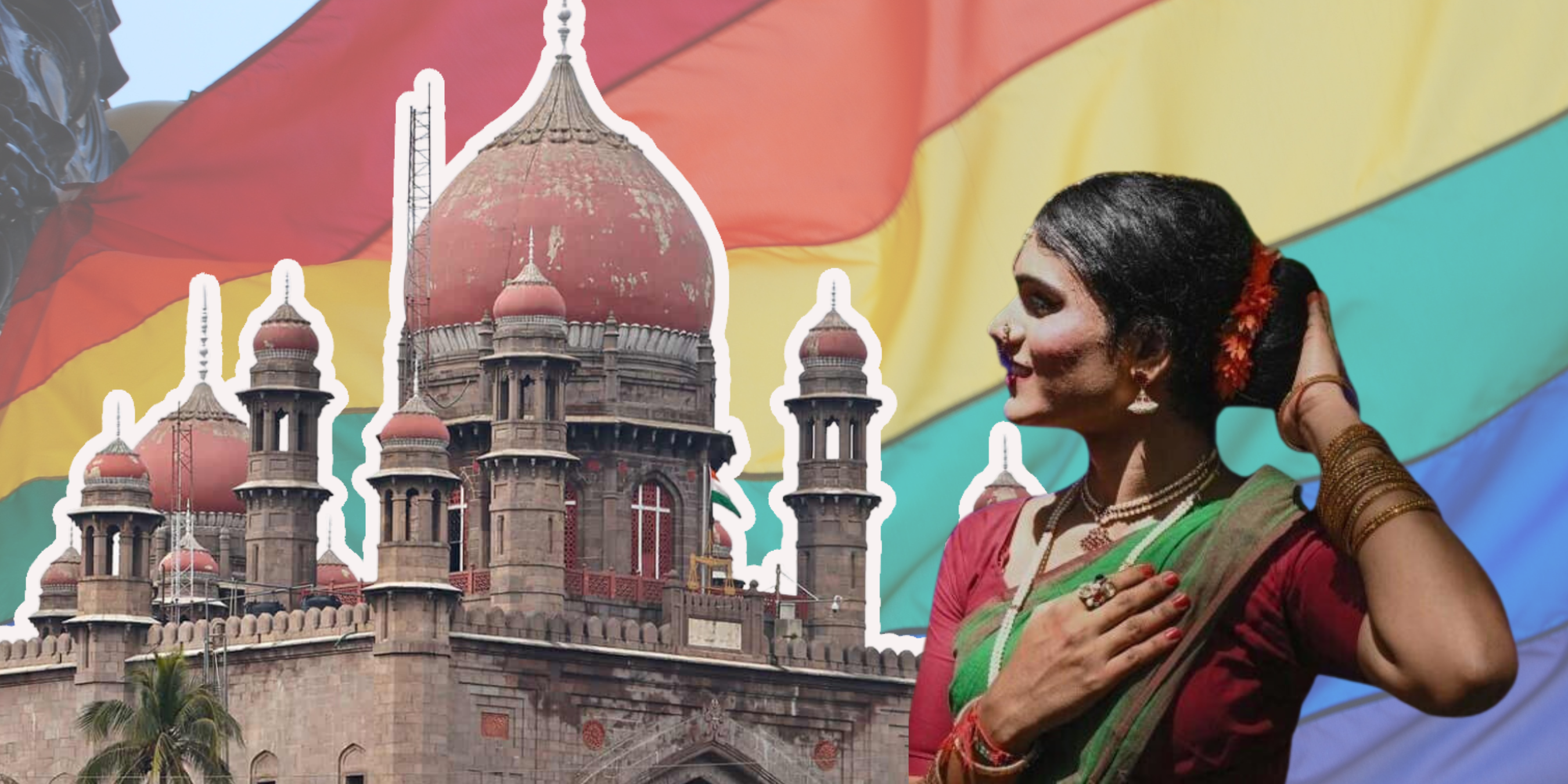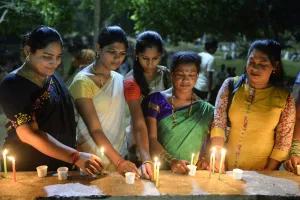[Readmelater]
How A Regressive Transgender Act Was Finally Thrown Out
The Telangana High Court recently struck down the state’s Eunuch’s Act which criminalised the entire transgender community. We explain why it was outdated and violative of citizen rights

Design: Ankita Dhar Karmakar
Support BehanBox
We believe everyone deserves equal access to accurate news. Support from our readers enables us to keep our journalism open and free for everyone, all over the world.




